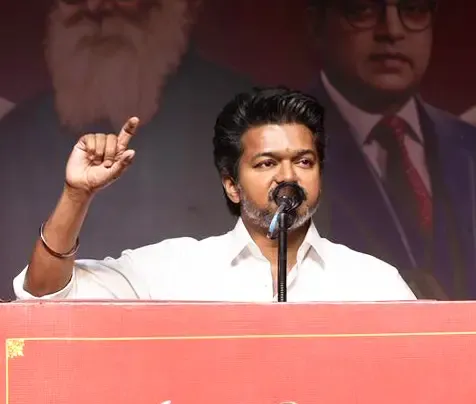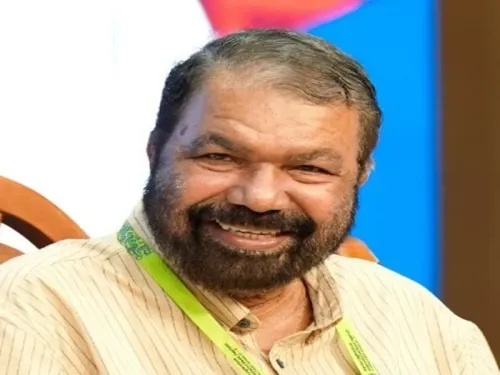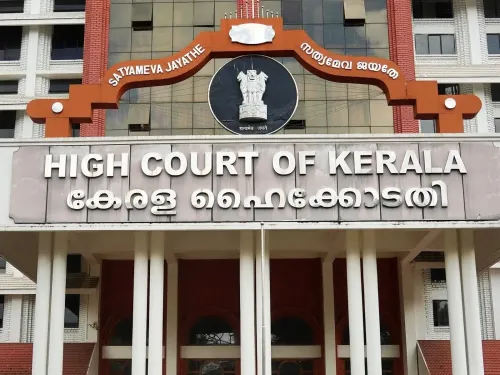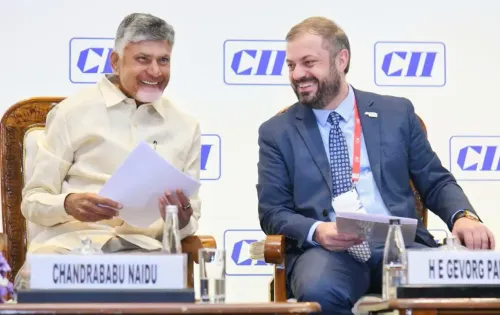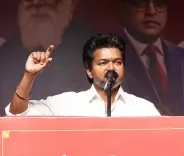Why Did the SC Reject the Plea for Murshidabad Violence Probe?
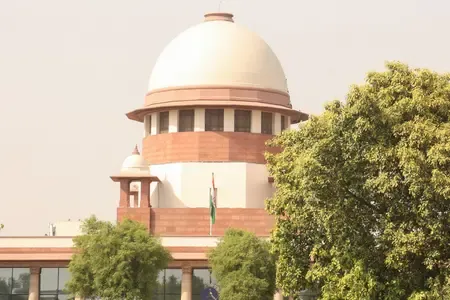
Synopsis
Key Takeaways
- The Supreme Court emphasizes jurisdictional adherence.
- Public interest litigations must follow proper protocols.
- Violence during protests is a serious concern.
- Judicial inquiries can be sought through appropriate channels.
- The court aims to maintain order in legal proceedings.
New Delhi, May 13 (NationPress) The Supreme Court on Tuesday refused to entertain a public interest litigation requesting a special investigation team (SIT) probe into the violent protests that erupted against the Waqf (Amendment) Act, 2025 in Murshidabad, West Bengal.
A bench comprising Justices Surya Kant and N.K. Singh took a firm stance against the direct filing of a PIL in the Supreme Court, indicating that the petitioner should have first sought recourse through the Calcutta High Court. "This practice of submitting direct writ petitions to the Supreme Court will be taken seriously," cautioned Justice Kant's bench.
“Why not approach the Calcutta High Court? If it were a matter involving multiple states, it would be understandable, but this is not such a case,” they added. The apex court dismissed the plea but allowed the petitioner to approach the Calcutta High Court for relief.
On April 22, the Supreme Court had previously dismissed, as withdrawn, another PIL that sought the establishment of a five-member judicial inquiry commission headed by a retired apex court judge to investigate the communal violence in Murshidabad.
The petition demanded that the West Bengal government submit a status report regarding the clashes and riots that occurred during protests against the Waqf Amendment Act, in addition to taking action to curb hate speech directed at any particular community.
During the hearing of several petitions questioning the validity of the controversial amendments to the Waqf Act, 1995, a bench led by Chief Justice Sanjiv Khanna expressed its alarm over the ongoing violence. "One very disturbing aspect is the violence occurring. Once the matter is before the court, it should not happen," the Supreme Court remarked.

